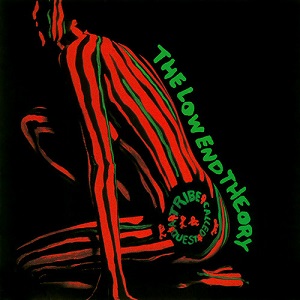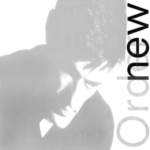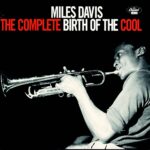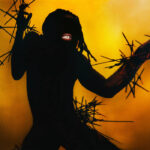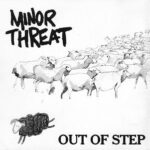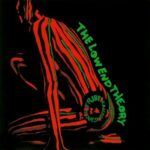 A Tribe Called Quest’s sophomore album, “The Low End Theory,” released in 1991, is a landmark in hip-hop history. With its groundbreaking production, intelligent lyricism, and genre-defying musicality, the album remains a timeless masterpiece that continues to influence and inspire artists to this day.
A Tribe Called Quest’s sophomore album, “The Low End Theory,” released in 1991, is a landmark in hip-hop history. With its groundbreaking production, intelligent lyricism, and genre-defying musicality, the album remains a timeless masterpiece that continues to influence and inspire artists to this day.
From the very first track, “Excursions,” it becomes clear that “The Low End Theory” is a departure from traditional hip-hop norms. The album is built on a foundation of smooth jazz samples, intricate drum patterns, and an emphasis on the deep bass lines that give the album its distinct low-end sound. The production, primarily handled by Q-Tip and Ali Shaheed Muhammad, is innovative and ahead of its time, blending jazz, funk, and hip-hop seamlessly.
Lyrically, Q-Tip and Phife Dawg deliver introspective and socially conscious verses that tackle a range of topics, from racial identity and cultural pride to personal struggles and the state of the music industry. The duo’s chemistry is evident, with their contrasting yet complementary styles enhancing each other’s performances. The lyrics are thoughtful, thought-provoking, and delivered with a smooth and effortless flow that adds to the album’s overall appeal.
The standout tracks on the album are plentiful. “Check the Rhime” is a playful and infectious ode to the group’s love for hip-hop, while “Scenario” featuring Leaders of the New School showcases a dynamic and energetic collaboration that became an instant classic. “Verses from the Abstract” and “Buggin’ Out” demonstrate the group’s introspective side, delving into personal experiences and self-reflection.
One of the album’s most notable achievements is its balance of social consciousness and laid-back vibes. Tracks like “Jazz (We’ve Got)” and “Butter” exude a relaxed and cool atmosphere while still delivering powerful messages. This juxtaposition creates a unique listening experience that is both intellectually stimulating and sonically pleasing.
“The Low End Theory” is also notable for its innovative use of samples and live instrumentation. The incorporation of jazz elements, including basslines from Ron Carter and saxophone solos, elevates the album’s musicality and adds depth to the production. This fusion of hip-hop and jazz creates a distinct sound that sets A Tribe Called Quest apart from their contemporaries.
The album’s impact goes beyond its musical achievements. “The Low End Theory” established A Tribe Called Quest as pioneers of alternative hip-hop, challenging the boundaries of the genre and paving the way for future artists to experiment with different sounds and styles. Its influence can be heard in the work of countless artists who followed, shaping the direction of hip-hop in the years to come.
In summary, A Tribe Called Quest’s “The Low End Theory” is a groundbreaking album that combines intelligent lyricism, innovative production, and a unique fusion of hip-hop and jazz. It remains a seminal work in the history of hip-hop, pushing the boundaries of the genre and setting new standards for artistic expression. With its timeless appeal and lasting influence, “The Low End Theory” is a must-listen for any fan of hip-hop and a testament to the creative genius of A Tribe Called Quest.
This post has already been read 348 times!
